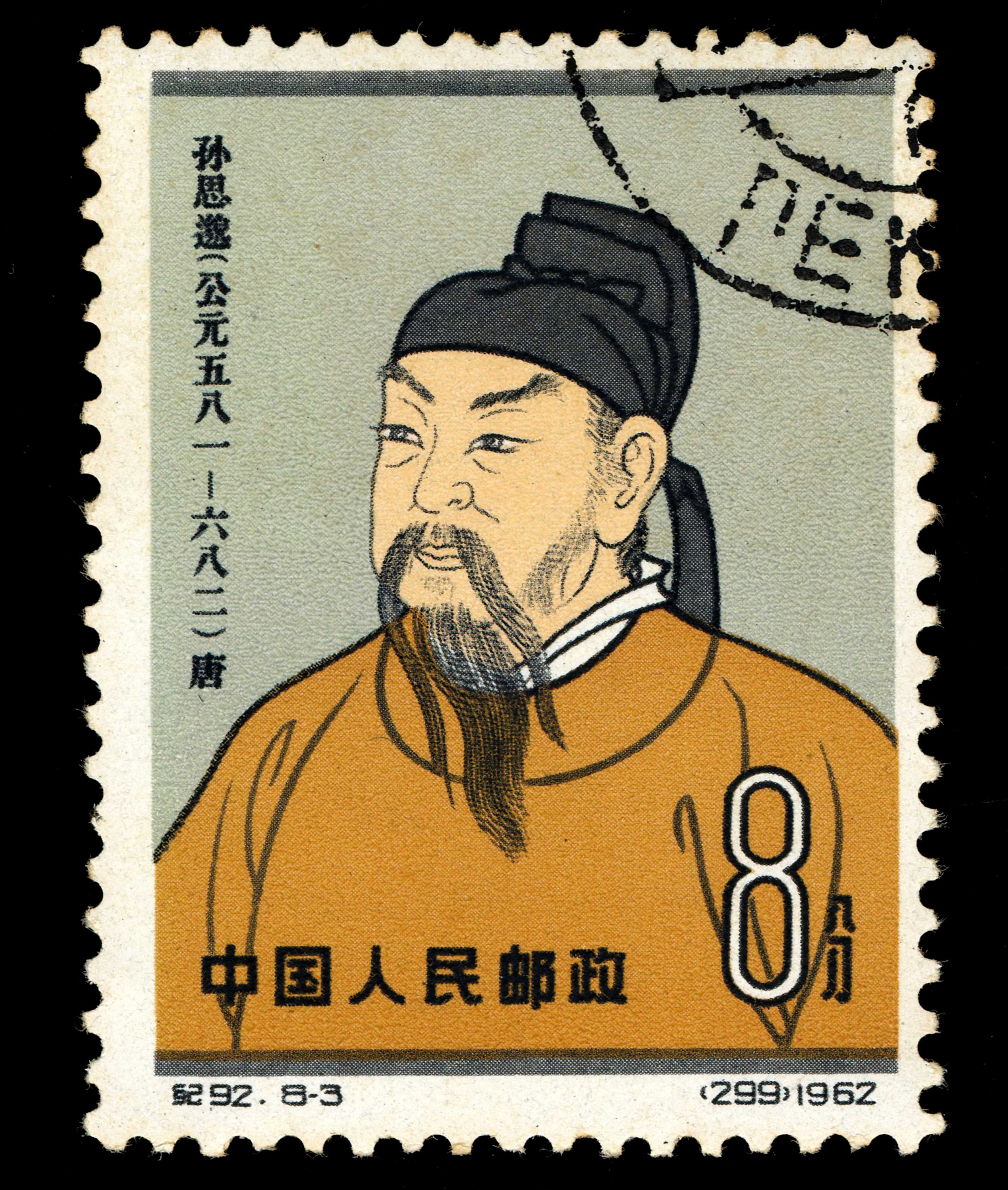
Executive Secretary asked three experts on the region to give their personal guides to doing business in China.
The Consultant’s View…
The founder of Kwintessential, Neil Payne is currently the Managing Director of the company, overseeing global operations. He is also responsible for the management of cultural awareness training in Europe. China has been on everyone’s lips for years now. The country is booming with little sign of slowing down. Improved international relations, government reforms, an expanding economy and increased foreign investment make China a lucrative marketplace.
Conducting business revolves around working with people; business people and officials. It is imperative that those travelling or working there appreciate topics such as business culture, business etiquette, meeting protocol and negotiation techniques in order to maximise their potential.
In this short guide a few cultural facts and their influence on business culture and etiquette are explored. These are in no way meant to represent a comprehensive summary of tips on business in China but a highlighting of some important key areas one may encounter.
Confucianism
In essence Confucianism revolves around the concept of harmonious relationships. If proper behaviour through duty, respect and loyalty are shown in the relationships between a rulersubject, husband-wife, father-son, brotherbrother and friend-friend, society as a whole will function smoothly.
When working in China it is possible to see how Confucianism affects business practices. Of the less subtle manifestations are an aversion to conflict, maintenance of proper demeanour and the preservation of ‘face’.
Face
Roughly translated as ‘good reputation’, ‘respect’ or ‘honour,’ one must learn the subtleties of the concept and understand the possible impact it could have on you.
There are four categories of face:
1. Where one’s face is lessened through their involvement in an action or deed and it being exposed. The loss of face is not the result of the action, but rather it’s being made public knowledge.
2. When face is given to others through compliments and respect.
3. Face is developed through experience and age. When one shows wisdom in action by avoiding mistakes their face is increased.
4. Where face is increased through the compliments of others made about you to a third party.
It is critical that you give face, save face and show face when in China.
Meeting & Greeting
In China, meetings start with the shaking of hands and a slight nod of the head. Be sure not to be overly vigorous when shaking hands as the Chinese will interpret this as aggressive. The Chinese are not keen on physical contact – especially when doing business. The only circumstance in which it may take place is
when a host is guiding a guest. Even then contact will only be made by holding a cuff or sleeve. Be sure not to slap, pat or put your arm around someone’s shoulders.
Body language and movement are both areas you should be conscious of. You should always be calm, collected and controlled. Body posture should always be formal and attentive as this shows you have self-control and are worthy of respect.
Business cards are exchanged on an initial meeting. Make sure one side of the card has been translated and try and print the Chinese letters using gold ink as this is an auspicious colour. Mention your company, rank and any qualifications you hold. When receiving a card place it in a case rather than in a wallet or pocket.
Building Relationships
Relationships in China are very formal. Remember, when doing business you are representing your company so always keep dealings at a professional level. Never become too informal and avoid humour. This is not because the Chinese are humourless but rather jokes may be lost in translation and hence be redundant.
Establishing a contact to act as an intermediary is important. This brings with it multiple benefits. They can act as a reference, be your interpreter and navigate you through the bureaucracy, legal system and local business networks.
Giving Gift Etiquette
Unlike many countries, the giving of gifts does not carry any negative connotations in China. Gifts should always be exchanged for celebrations, as thanks for assistance and even as a sweetener for future favours. However, it is important not to give gifts in the absence of a good reason or a witness. This may be
construed differently. When the Chinese want to buy gifts it is not uncommon for them to ask what you would like.
Do not be shy to specify something you desire. However, it would be wise to demonstrate an appreciation of Chinese culture by asking for items such as ink paintings or tea.
Business gifts are always reciprocated. They are seen as debts that must be repaid. When giving gifts do not give cash. They need to be items of worth or beauty. Do not be too frugal with your choice of gift otherwise you will be seen as an ‘iron rooster’, i.e. getting a good gift out of you is like getting a feather out of an iron rooster.
Meetings and Negotiations
Meetings must be made in advance. Preferably some literature regarding your company should be forwarded to introduce the company. Try and book meetings between April – June and September – October. Avoid all national holidays, especially Chinese New Year.
Punctuality is vital. Ensure you are early as late arrivals are seen as an insult. Meetings should begin with some brief small talk. If this is your first meeting then talk of your experiences in China so far. Keep it positive and avoid anything political.
Prior to any meeting always send an agenda. This will allow you to have some control of the flow of the meeting. The Chinese approach meetings differently, so rather than beginning with minor or side issues and working your way up to the core issue, reverse this.The Chinese are renowned for being tough negotiators. Their primary aim in negotiations is ‘concessions’. Always bear this in mind when formulating your own strategy. You must be willing to show compromise and ensure
their negotiators feel they have gained major concessions. Make sure you have done your homework. The Chinese plan meticulously and will know your business and possibly you inside out. One known strategy for Chinese negotiators is to begin negotiations showing humility and deference. This is designed to present themselves as vulnerable and weak. You, the stronger, will be expected to help them through concessions.
Above all, be patient and never show anger or frustration. Practise your best ‘poker face’ before negotiating with the Chinese. Once they see you are uncomfortable they will exploit the weakness. Decisions will take a long time either because there is a lack of urgency, simultaneous negotiations are taking place with competitors
or because the decision makers are not confident enough.
The Assistants’ View…
Jingjing Pi is the Assistant to the COO at Lonza, based in Beijing, China.
When addressing someone in a business meeting you would normally call them by their title and family name rather than by a first name. It is more formal. Business dress is usually required in the office and for formal meetings & formal activities, but it is dependent on the company policy and company industry. We generally
work between 9am and 6pm.
To do business in China, you need to know the company background. People prefer to have long-term business relationships. In terms of entertaining clients, it is normal to offer lunch or dinner which also can be part of the formal visit or meeting. We often organize a city tour, visiting some famous traditional places for our visitors.
Giving gifts generally happens the first time you meet a client or when there is a festival. There are more and more great global companies developing in China. To be the assistant, you should know your responsibilities deeply and support the boss. We need to improve always.
Katrina Sang is based in Shanghai. She was born there, grew up there and is now working there.She is Executive Assistant to the President of Asia Pacific in an American multinational company with Asia Pacific headquartered in Shanghai, China.
I have been working in foreign/multi-national companies only, so all my experience/observation would be focusing on foreign companies in Shanghai. In Shanghai, foreign companies are quite westenised. In offices, most employees have an English name, and colleagues call each other by our first names, usually English names instead of Chinese names. We very seldom use titles in conversations. In email exchange very often a formal signature is attached with title and company details.
Business dress etiquette would depend on company culture and the boss’ style, especially for an Executive Assistant. I have had some bosses who prefer I dress up and be professional. My current boss and company is relatively low profile, and I feel okay not to dress business formal in daily work. Generally a suit and tie for men and for ladies more varieties and choices. I notice that in the service industries including banks, consulting or training, employees in these companies are more formal and conservative, suit and tie for men, and suit with dress for ladies.
Most multi-national companies follow Chinese labor law, which requires 8 hours a day, plus 1 hour lunch break. So 9am to 6pm is normal. My current company is 9am to 5:30pm which I feel grateful for. I know in the service industry or highly-competitive areas especially finance industry employees, may need to work overtime
without extra pay.
Every company will have a policy for entertaining expenses and gift giving. My current company is a listed company on the US Nasdaq so we are trained with these policies and requested to abide by it. Regarding entertaining, in general, when doing business with customers, meetings followed by a business dinner is normal. I know some bosses will invite customers to play golf together, or attend some event like Oktoberfest beer festival to have some fun. Also sending gifts is common
for special festivals, e.g. sending customers moon-cakes during the mid-autumn festival.
Every company will prepare company customized business gifts like calendars, pens or disks with the company logo, more expensive gifts are watches or suitcases with company logos.
I think business etiquettes are quite diversified in China due to the geographic distance, various local cultures and different types of companies (local companies, self-owned, state-owned, joint venture, WOFE). From my observation, drinking alcohol to show hospitality and build close relations with customers is still prominent
in making deals. Even for foreign companies, they do a lot business with local companies, inevitably they follow Chinese cultures and please customers this way when needed. So having a big belly for alcohol helps in doing business in China.













